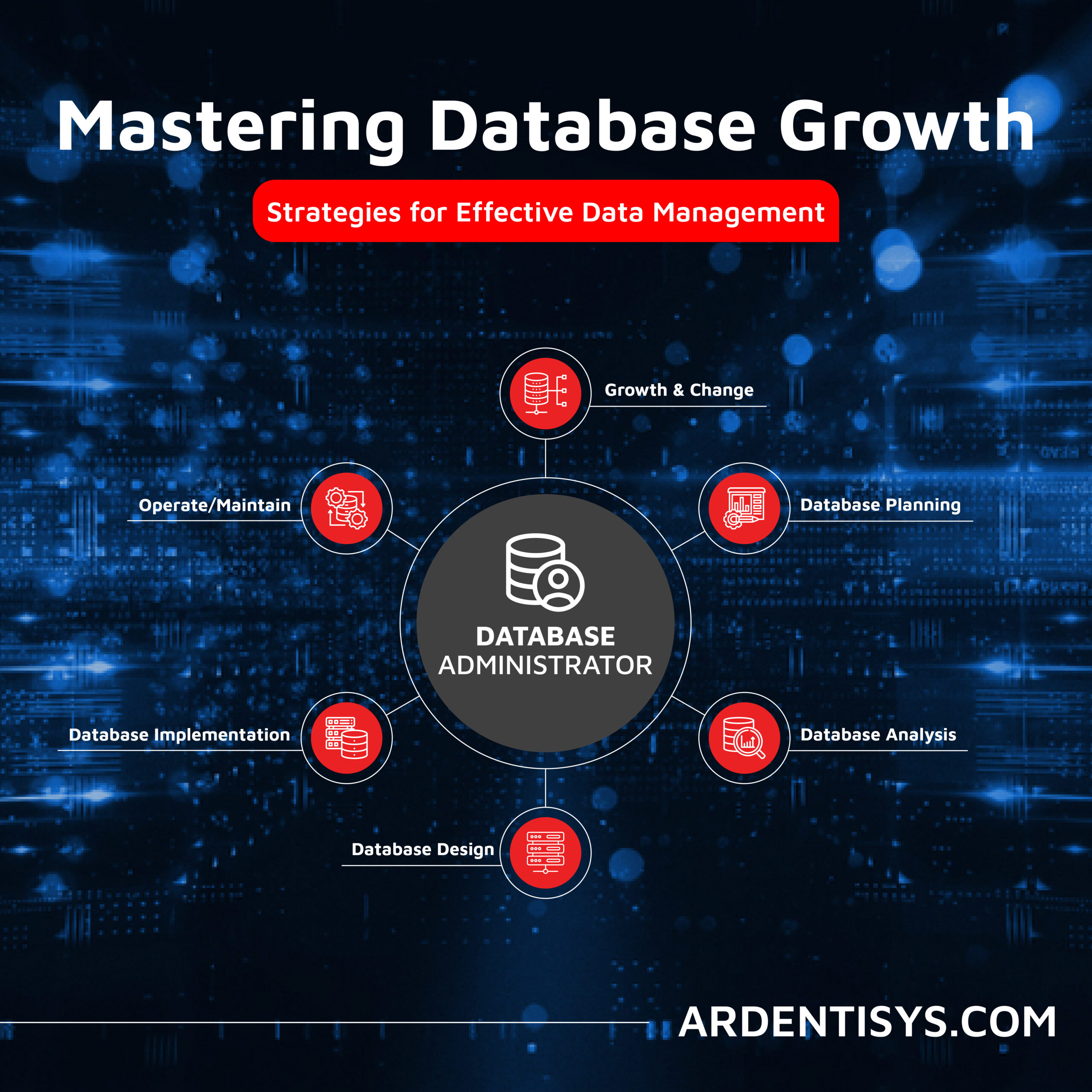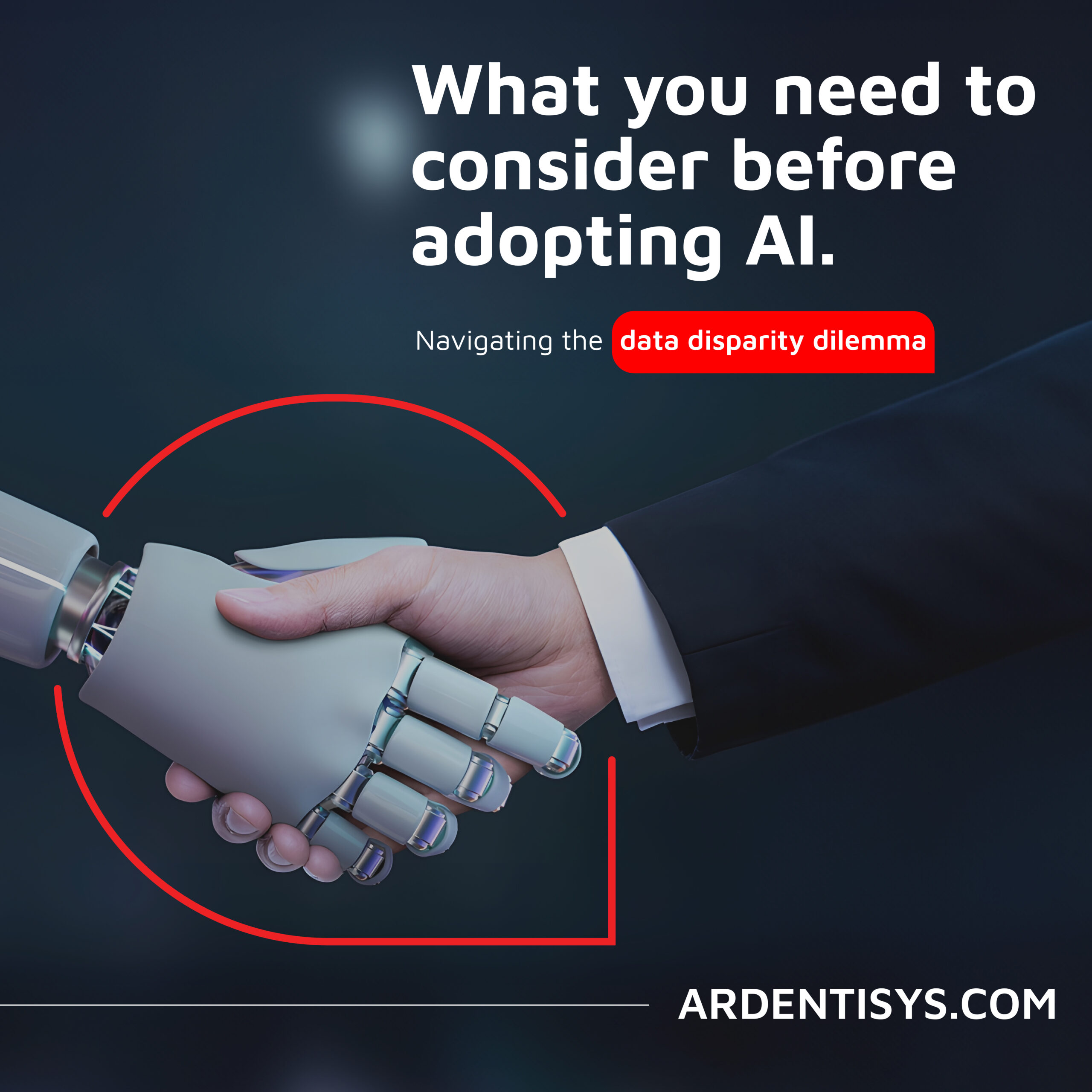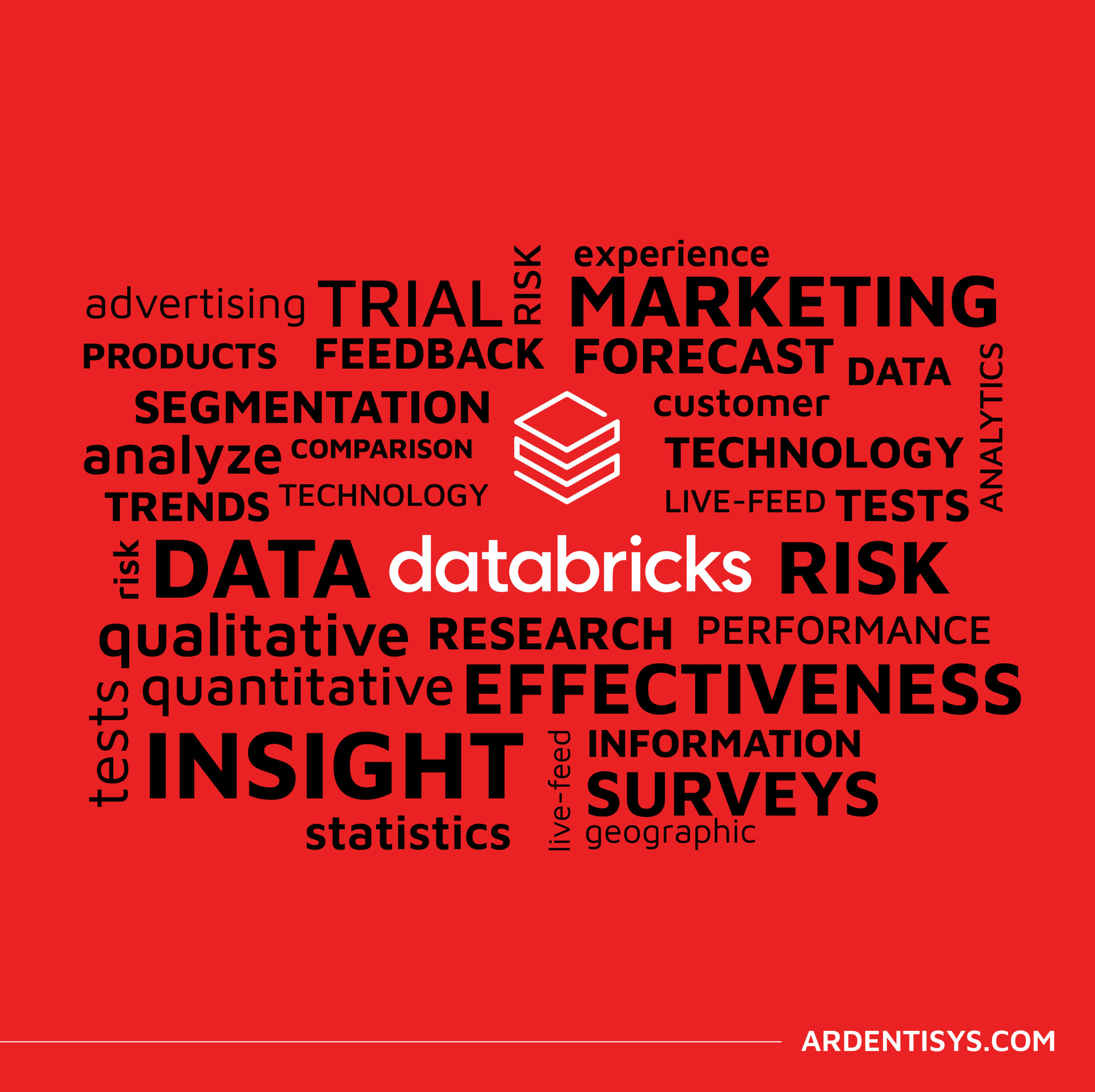Data migration – success factors
20 December 2022 | Noor Khan

As highlighted by Forbes, around 36% of data migration projects were completed successfully within the budget and only 46% of them were delivered within the timeframe. Data Migration can be a challenging and complex manner which depends on several factors including data sources, data destination and the volume and variety of data. Migrating your data can be a lengthy process, especially if you are dealing with large volumes of data.
In this article we will look at data migration and what you need to know to make it a success and ensure your project is completed successfully within the time and budget set.
What is data migration?
A data migration is a process of moving data from one source to another. Moving large volumes of data can be a lengthy, complex and cost and resource-heavy project. Therefore, ensuring that is planned well and carried out effectively is the absolute key to ensuring the success of the data migration.
Why you might want to migrate your data
Many organisations migrate their data for many reasons. Here are some of the most common reasons for migrating data:
- Outdated systems – systems can become outdated quickly as data and technology evolve at a rapid pace
- Long-term costs – many organisations will look to migrate their data to a more cost-efficient alternative
- Improve security – data security is a concern for many businesses, therefore if their systems are outdated, they may become vulnerable. Therefore, businesses will look to migrate data to improve security.
- Accessibility – some organisations may move their data to the cloud to enable accessibility for their teams, which may be difficult with on-premise servers.
- Agility – Businesses can adapt to changes in the market with highly agile data solutions such as those based in the cloud.
- Improve BI – Business Intelligence is a necessity for many organisations, therefore, they may look to migrate their data to improve the turnaround and the quality of their data.
- Scalability – Cloud solutions such as Azure and AWS offer scalability which is game-changing for businesses that deal with varying levels of data.
The key steps of data migration
For the data migration to be a success, the project itself will need to be carefully considered and planned. Here are the key steps to successful data migration:
Audit
Carrying out an assessment and audit of your existing data infrastructure and data will ensure you are aware of all your data to judge the requirements of the project. It can also help ensure that you are migrating data you need and is of value to save time and costs.
Planning
Planning is the absolute key to all kinds of projects and especially data migration projects which are usually quite complex. A good plan should include the following points:
- The key goals and objectives – these are essential and will keep the team focused on the results. It will also help you get stakeholder buy-in. These can be the key benefits of the migration, the purpose and the driving force of the project.
- Requirements – Highlighting the requirements will help you define a budget as well as a timeline. Requirements will include the tools the technologies required as well as the manpower. Will you be carrying out the project in-house, working with data engineering teams as part of your team or completely outsourcing the entire project?
- Timeline - A good plan will establish and define a timeline with all the milestones that need to be reached. This can help the project stay on track and ensure every member involved is on the same page.
- Budget – You will need to define your budget required for the project, this goes hand in hand with the requirements of resources.
- Risk assessment – Carrying out a risk assessment is recommended as the majority of data migration plans are not completed within the time and budget. Therefore, carrying out a risk assessment will help you identify key risks so you can put mitigations in place to overcome or avoid them.
Building the team
The team you have working on your data migration will depend on each business, these are the three most common ways of building a data engineering team that is right for you.
In-house data engineering team
If a business has an in-house data engineering team, the obvious route is to have the data engineering work on the data migration. This can offer many benefits including the team knowing the data and the organisation well, avoiding extra costs and saving time that would require working with a third party.
Outsourcing data engineering teams
Outsourcing data engineering teams may not be ideal for every business, however, it can provide a number of benefits including access to highly skilled data engineers, avoiding technology licensing costs and having peace of mind.
Hybrid data engineering teams
The final alternative is to have a hybrid of your in-house data engineering team and the outsourced third-party team. This structure can work well as the external team can come on board and fill the skills gap and enhance team strengths. This can offer benefits such as cost efficiency, the access to highly experienced and skilled data engineers, with the data and business knowledge from your existing team.
Ardent data migration solutions
You may choose to migrate your data for a number of reasons whether it is to save long-term costs, improve performance or move away from outdated servers, we can help. Our highly skilled data engineers have completed data migration solutions in a timely and cost-efficient way for a wide variety of customers. The following are just some of the types of data migrations we can help with:
- Microsoft to AWS data migration
- Oracle to Redshift data migration
- On-premise servers to a hybrid or multi-cloud solution
- One the cloud provider to another
Get in touch to find out how we can help you achieve your data migration goals and objectives.
Ardent Insights

Overcoming Data Administration Challenges, and Strategies for Effective Data Management
Businesses face significant challenges to continuously manage and optimise their databases, extract valuable information from them, and then to share and report the insights gained from ongoing analysis of the data. As data continues to grow exponentially, they must address key issues to unlock the full potential of their data asset across the whole business. [...]

Are you considering AI adoption? We summarise our learnings, do’s and don’ts from our engagements with leading clients.
How Ardent can help you prepare your data for AI success Data is at the core of any business striving to adopt AI. It has become the lifeblood of enterprises, powering insights and innovations that drive better decision making and competitive advantages. As the amount of data generated proliferates across many sectors, the allure of [...]

Why the Market Research sector is taking note of Databricks Data Lakehouse.
Overcoming Market Research Challenges For Market Research agencies, Organisations and Brands exploring insights across markets and customers, the traditional research model of bidding for a blend of large-scale qualitative and quantitative data collection processes is losing appeal to a more value-driven, granular, real-time targeted approach to understanding consumer behaviour, more regular insights engagement and more [...]






